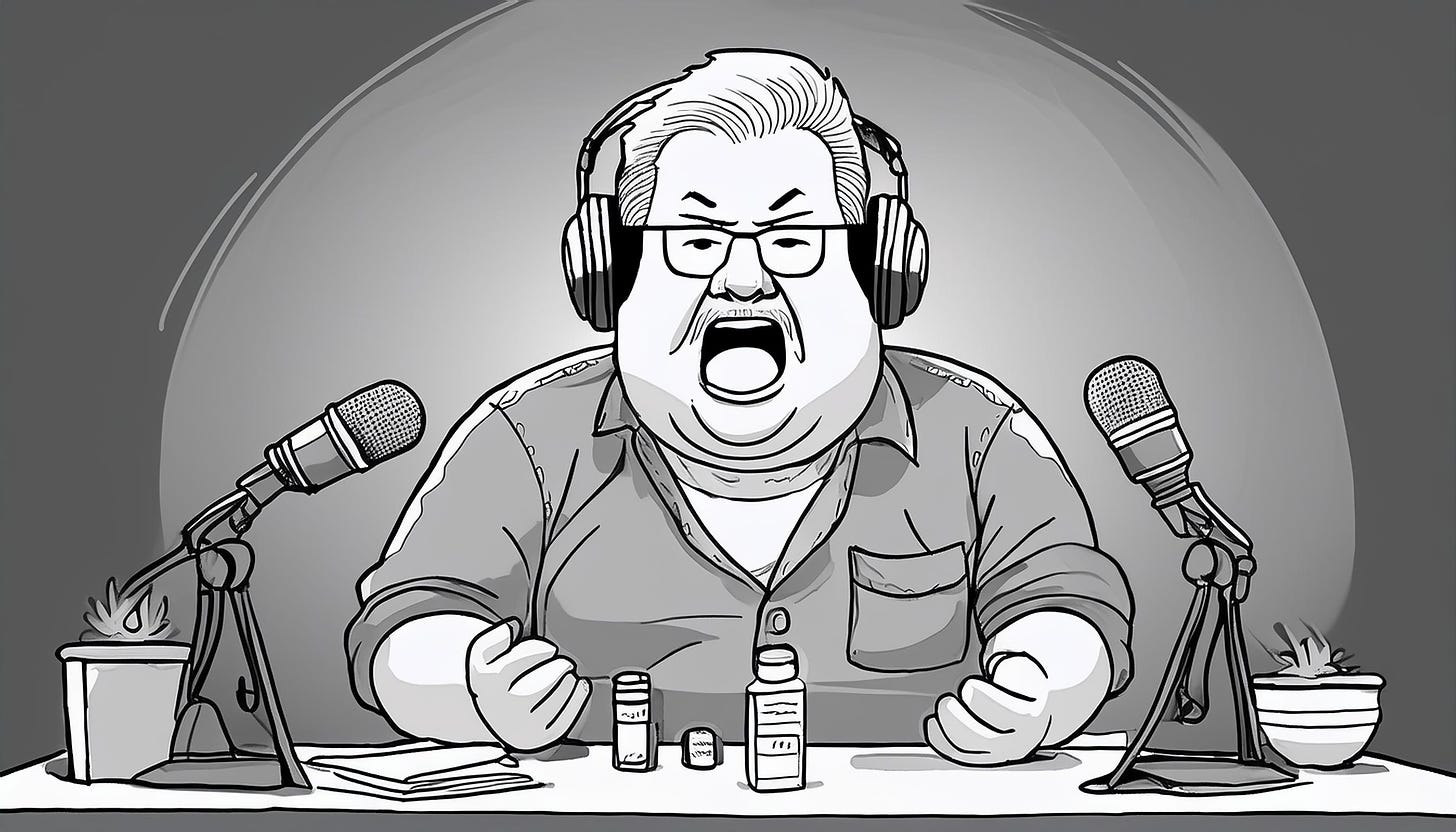The wildcard: An incompetent coup and entrenched political instability?
The overturning of martial law has been widely reported as a victory for democracy - is it really?
On 3 December South Korea’s president imposed martial law. Within six hours the National Assembly voted to overturn the declaration. While democracy prevailed, the incident exposed entrenched political instability in South Korea.
The overturning of martial law has been widely reported as representing a landmark victory for democracy to restore the fundamental rights of citizens to participate freely in governance. Many see the event as reaffirming the power of collective action, civic resistance, and the resilience of democratic ideals.
However, the fact that President Yoon believed a declaration of martial law was an appropriate strategy is a significant marker of the growing influence of extremist ideologies. The potential for underlying political instability remains.
An incompetent coup?
President Yoon Suk Yeol’s failed attempt to use martial law to secure his interests reveals fundamental missteps in managing institutional dynamics.
Yoon failed to secure control over key state machinery and failed to neutralize the opposition - the first steps in any competent coup. His justification of vague threats from "pro-North Korean anti-state forces" failed to garner credibility, and allowed the National Assembly to convene an emergency session and swiftly overturn the decree. Even members of his own People Power Party voted against him, signaling a breakdown in elite cohesion and exposing his inability to co-opt or neutralize critical decision-making bodies. By failing to preempt institutional resistance, Yoon undermined his own authority, creating the conditions for rapid counteraction by the legislature.
Equally critical was Yoon’s underestimation of South Korea’s civil society. South Koreans responded immediately with widespread protests, demonstrating a unified public commitment to defending democratic norms. Unlike in environments of public apathy, where coups can quietly take root, the public’s vocal and visible dissent amplified the political backlash. Furthermore, Yoon failed to control public narratives or leverage media to mitigate opposition, allowing his actions to be swiftly delegitimized.
I mean, the entire incident was streamed live. Wouldn’t a half-competent coup shut down television stations and internet access, and cell phone coverage?
The combination of societal resistance and media scrutiny, compounded by his institutional failures, forced him to rescind the martial law order within hours and the legislature voted against it. This was not only a failed power grab but also as a significant political miscalculation - or was it?
There are plenty of rumors flying about regarding Yoon’s personal life, family aides, and confidential associates - and even more regarding diversion, short-selling, long-term planning, subterfuge, and scandal. These rumors at this stage are just that. They’re enticing because of the incredulity that an elected leader could think that such a plan was a good idea.
Entrenched political instability?
As I write Yoon has been given 48 hours to resign or be impeached. The impeachment will be a slow process with recent retirements in the Constitutional Court needing to be filled prior to a case being heard. The Prime Minister will run the country in caretaker mode until an election is held, and it’s fair to say that it will be a hard fought election for both the left and right. The perfect conditions for political populism in all its ugliness. The “landmark victory for democracy” hides a deeply entrenched political divide.
Around 110 National Assembly members (some for legitimate non-political reasons) did not vote to overturn the declaration. A significant number of these were Yoon’s supporters and were willing to see democracy curtailed to further their political interests.
Additionally, several leading conservative dailies were slow to condemn the declaration of martial law, and did so in a way that rationalized the decision to impose it. A smaller number of articles have also applauded Yoon for accepting the National Assembly’s overturning of martial law, thereby implicitly accepting the tactic. This highlights systemic fractures.
The political landscape in Korea has grown increasingly polarized, with divisions between ideological groups becoming more pronounced. These divides manifest in deeply entrenched opinions on key social, economic, and political issues, often leaving little room for compromise. Public discourse has shifted toward antagonism, as opposing groups view each other not just as adversaries but as existential threats to their values and way of life. This polarization has weakened societal cohesion and made collaborative problem-solving a daunting challenge.
Social media has played a significant role in exacerbating this polarization, amplifying divisions through algorithms that prioritize sensational and emotionally charged content. These platforms create echo chambers where users are exposed primarily to viewpoints that reinforce their own biases, while alternative perspectives are filtered out or presented in hostile ways. Additionally, misinformation campaigns and organized trolling have intensified mistrust and hostility among political factions. As a result, social media has transformed into a battleground where ideological conflicts are magnified, further deepening the societal divides in Korea.
An incompetent coup and entrenched political instability: the foreign policy wildcard
Political instability is the ultimate wild card in foreign policy, turning once-steady governments into flailing actors in a global soap opera. Leaders too busy dodging scandals, coups, or angry mobs in the streets hardly have the bandwidth to engage in nuanced diplomacy. Instead, they lurch from one knee-jerk reaction to another, issuing contradictory policies that make their allies dizzy and their adversaries gleeful. Deals? They’re forgotten faster than election promises. Stability? It’s traded for chaos in a bargain that ensures everyone loses, except perhaps the defense contractors and headline-hungry pundits who thrive in the confusion. Who needs coherent strategy when you can have dramatic photo ops and half-hearted condemnations? Add to this the drama of an incompetent coup?
As South Korea faces rising tension with North Korea, increased China-U.S. rivalry, increasingly difficult economic conditions, and Trump’s America - the last thing it needed was an incompetent coup and entrenched political instability, but here we are.




